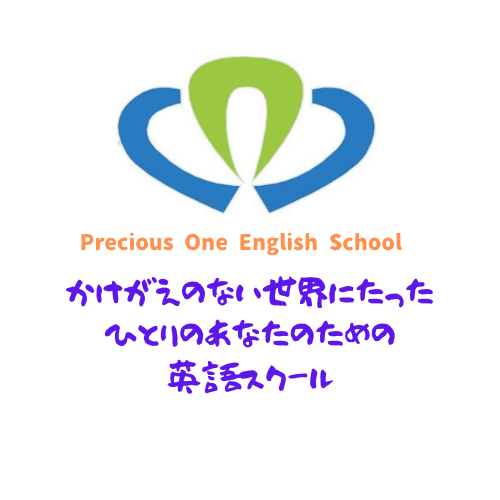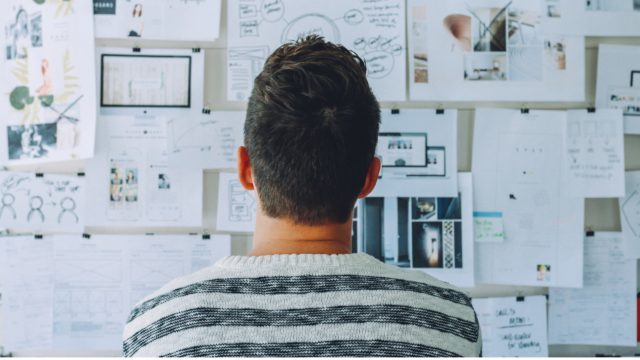Ewa Nowogorski
Censorship is a topic of much debate in many countries, but in Japan the rules are a little mixed. According to the Japanese Constitution, you are guaranteed the freedom of expression in art-type media such as animation, but censorship of pornographic content does exist. So the sky’s the limit with anime, but there will be blurs in pornographic content that is legally produced.
But there is a whole other world in censorship that goes much deeper than whether or not content creators are able to publicly show nipples and other private parts. Historically, Japan has been known to heavily censor Western ideas in the media and portray their own country as the all-knowing one.
Even today, there are worrying amounts of deteriorating media in Japan. In March of the year 2016, 3 of some of Japan’s most outspoken television anchors were permanently removed from air by three different networks. While the networks were acting on their own, the dismissals were thought to have been orchestrated by the Abe administration, which always heavily cracks down on anti-Abe material.
It can be quite confusing to see Prime Minister Abe portrayed in a positive or neutral light on the news, and hear the people on the streets generally agree to hate the man. No one seems to like him despite the way he appears on TV, and everyone disagrees with his policies. But he works to prevent anything negative being said about him in public. So everyone just silently complains.
I think in general, rules for artistic content are pretty liberal. However, porn and politics here are heavily censored, and you are unlikely to get an unbiased overview of politics from just watching the news.
















コメントを投稿するにはログインしてください。